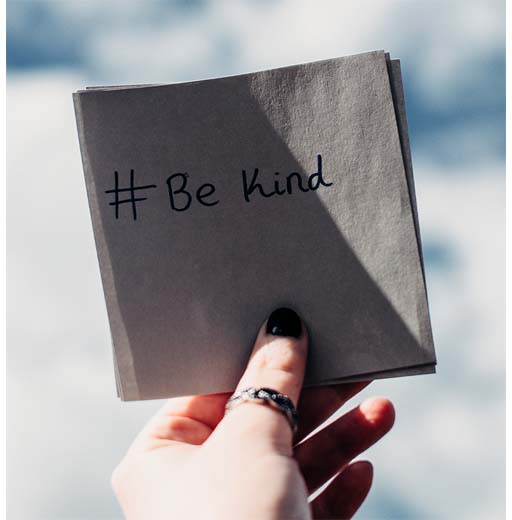1.3 Managing responses to mental health disclosures
When a parent or carer is supporting a young person who has confided in them about issues with their mental health and emotional difficulties it can feel overwhelming.
Research shows us that self-care and a network of support for carers is vital in ensuring that when parents, caregivers and educators feel out of their depth, they have support for themselves. However, not everyone knows how to respond when they are told about mental health issues.
Activity 4: Experiencing different supportive responses
Listen to this audio from one of the parents we interviewed as she talks about how people reacted when she shared the news that her daughter was experiencing mental health issues. Note the positive and negative aspects and reflect upon how this might impact your behaviour in future if you were told that a friend or colleague was supporting someone with mental health issues.
Transcript: Audio 1: Support for parents
Answer
This parent describes how regular contact and offers of support were vital to her. However, she also experienced unhelpful responses which dismissed the seriousness of what her daughter was experiencing. Overall, background support and direction were of the greatest help to her.
Being exposed to the various responses different individuals may express in response to disclosures about mental health can be challenging. However, often at least part of the problem is that often there is a lack of understanding about mental health distress. You may even find that as a parent, caregiver or educator you are taken out of your comfort zone and challenged beyond your own limits of understanding about these issues. This is why education about mental health distress and how to manage it is so important.
In response to these challenges and in an attempt to improve support and reduce stigma, bespoke training courses have been set up for those who wish to find out more about how they can support and help young people. For example, the training company Mind Matters have developed an adapted version of the popular Mental Health First Aid course to ensure the content is more specific to young persons’ mental health.
Other examples include that offered by Papyrus, a charitable organisation working to prevent young suicide which offers three different types of training for schools and colleges ranging from short courses that can be completed in an afternoon that give a brief overview of the main topics, to more intensive two day courses that build up skills.
While these courses are more formal and therefore have costs associated with them, there are also many other free courses on OpenLearn and FutureLearn that deal with particular areas of concern that you may want to know more about. If you wish to find out more you can simply enter relevant search terms into the search engines both online portals provide.
Some of the parents we spoke to thought it may also be useful for parents and supporters to have counselling themselves. This can provide a safe space to talk over the feelings experienced when supporting someone who has mental health difficulties.

